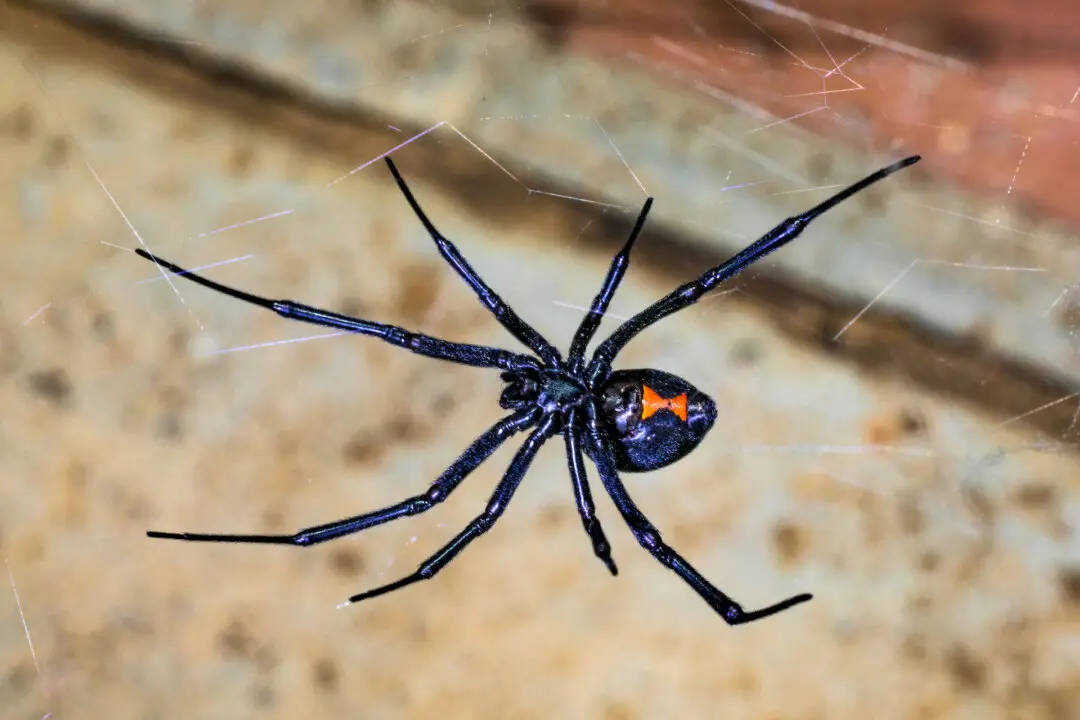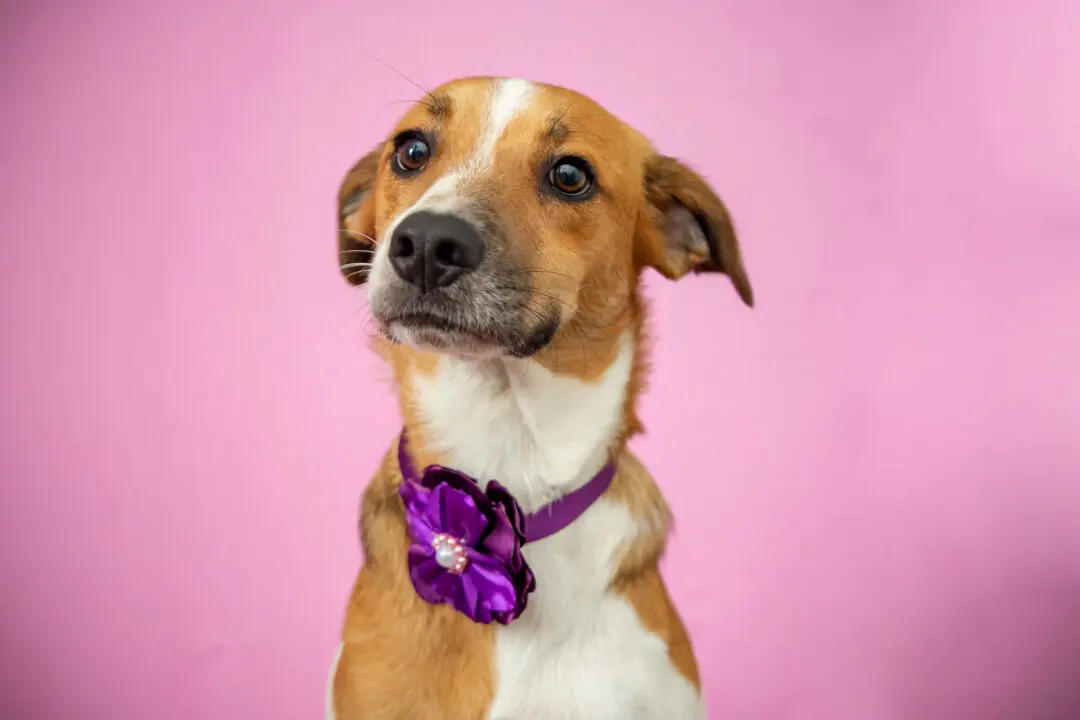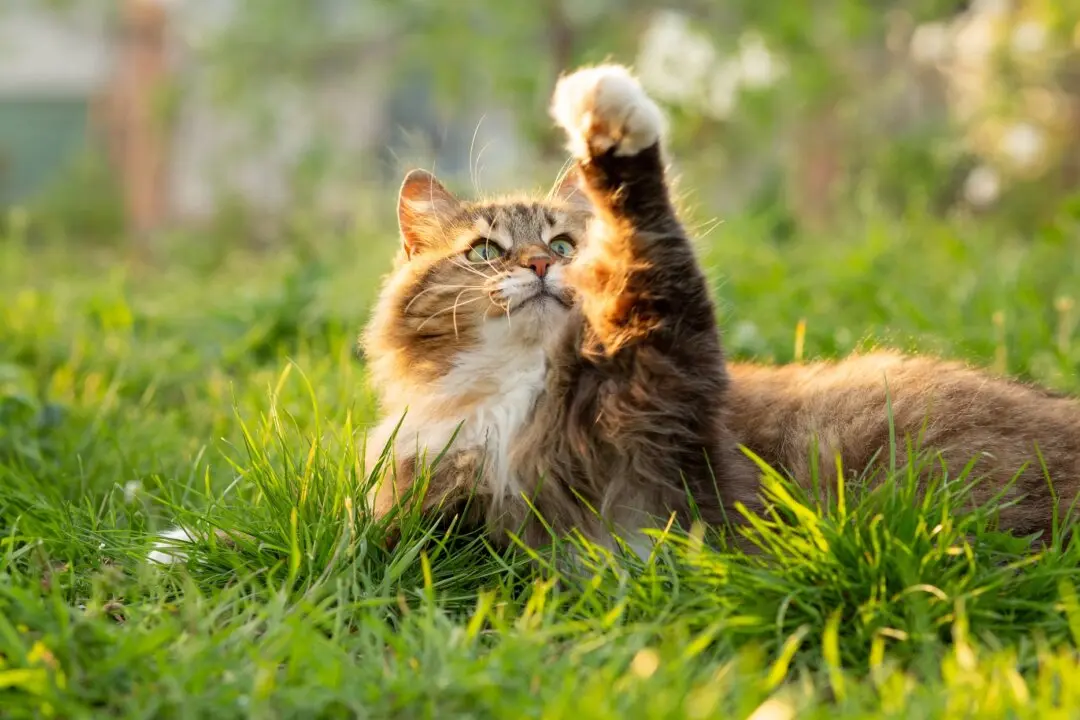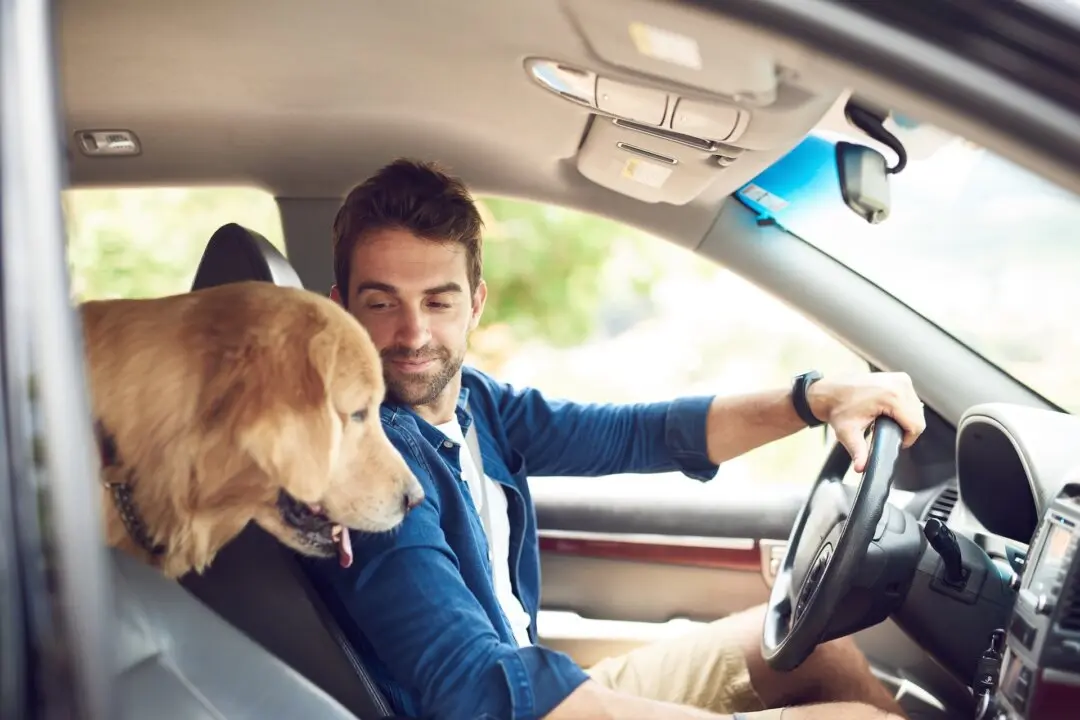Q: After my dog Lola was spayed, her veterinarian fitted her with a plastic Elizabethan collar, or E-collar, to prevent her from licking her surgical incision. Fortunately, the incision is healing well. Why do dogs lick their wounds, and why would our vet want to prevent it? I thought dog saliva contained an antiseptic that made licking beneficial.
A: Dogs lick their wounds because it soothes them, just as it soothes us when we rub a sore hand or arm. In addition, licking may increase blood circulation to the area, which promotes healing. Animals in the wild also lick their wounds to remove dirt and other debris which may otherwise cause infections.





